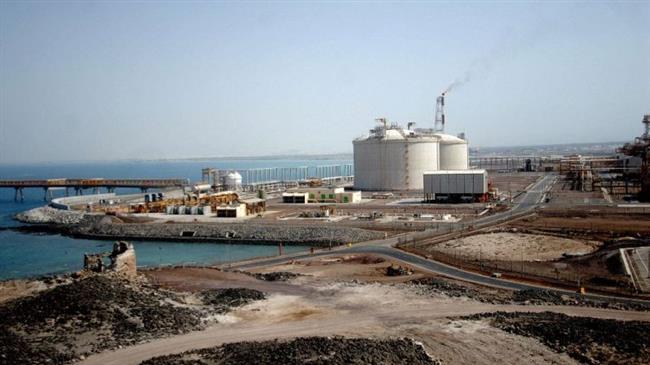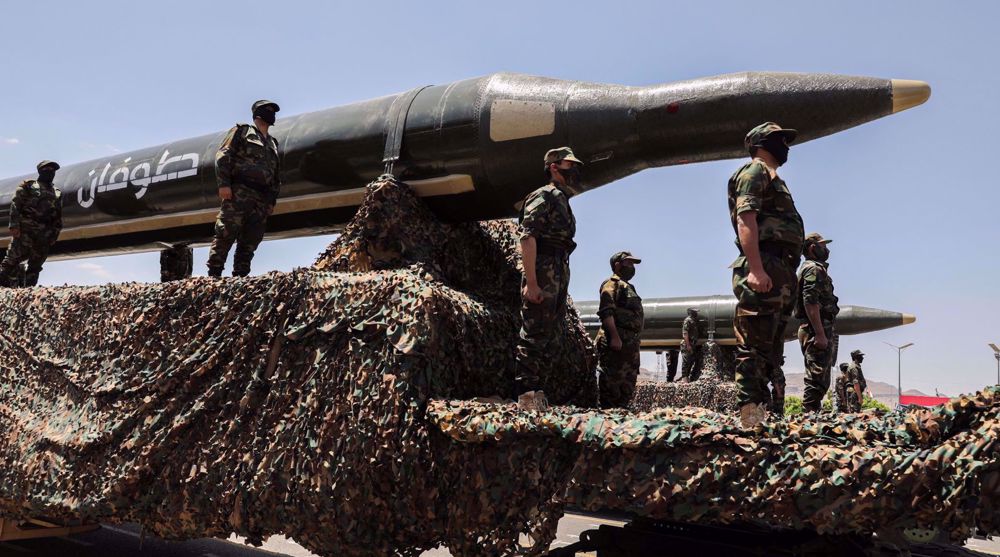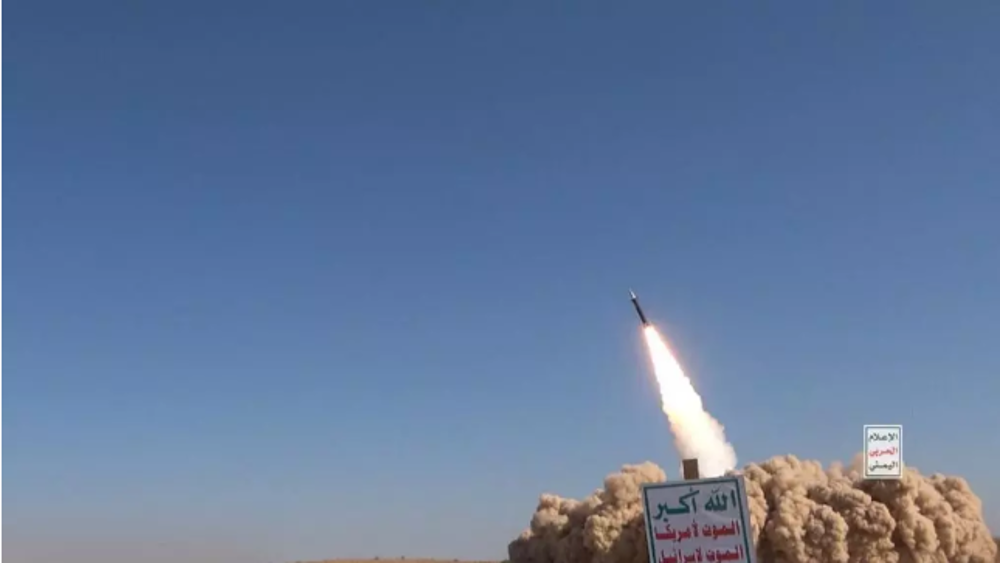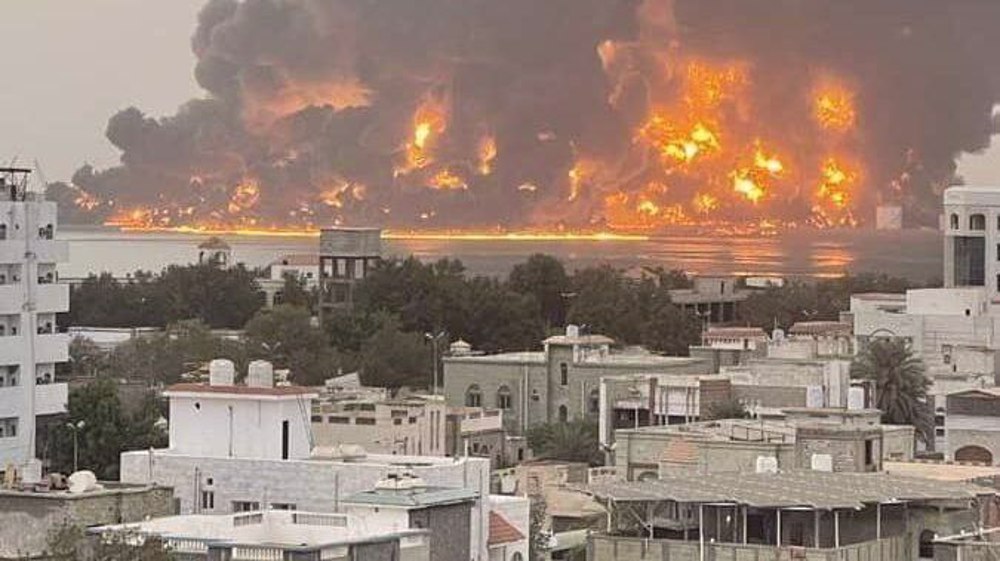UAE using gas facility run by Total as secret prison in Yemen: Le Monde
The United Arab Emirates is running a secret prison in a gas facility operated by the French group Total in southern Yemen, according to information confirmed by France’s Le Monde daily.
The detainees of the prison -- which is located in the industrial port town of Balhaf -- have suffered inhumane treatment and endured acts of torture with the knowledge of the UAE forces, the French newspaper reported Friday.
Total owns 39.6% of the gas liquefaction complex in the southern Balhaf region.
Le Monde obtained testimonies from a former prisoner and a relative of another detainee, who confirmed that the prison inside the Yemeni gas complex had held detainees until the middle of this year.
The French newspaper says it has drawn information from testimonies collected by Amnesty International, as well as a group of UN experts on Yemen.
Various non-governmental organizations and Yemeni activists have also confirmed the existence of the prison inside a military base set up by the UAE in the same place.
Last year, a report by the Associated Press revealed that hundreds of detainees have suffered torture and sexual abuse by Emirati officers at the jails which the UAE runs in war-torn Yemen.
Citing victims and witnesses, the AP reported that the detainees, who are held without charge, have been sodomized, raped, probed and stripped down in at least five prisons.
Amnesty International said it had also documented “systematic grave violations” in UAE-run jails in Yemen. The group called the AP report “shocking,” saying US officials “continue to dismiss these credible allegations.”
Militants backed by the UAE have reportedly kidnapped and tortured hundreds of people in southern Yemen.
The kidnapping spree took place under the pretext of clearing out suspected al-Qaeda-linked elements.
Last month, head of Yemen’s National Committee for Prisoners Affairs (NCPA) Abdulqader al-Mortada blamed Saudi Arabia and the United Arab Emirates for obstructing prisoner swaps with Yemen's Houthis.
The agreements had been agreed upon during UN-sponsored Yemeni peace negotiations in Sweden last year, but Mortada said Riyadh was insisting on the release of Saudi troopers only.
“The UAE is concealing the fate of hundreds of our prisoners, and preventing many parties in southern (Yemeni) provinces from exchanging prisoners with us," Mortada said.
"Saudi Arabia, on the other hand, has dismissed all proposals put forward by the UN envoy (Martin Griffiths) and stopped many parties, particularly in Ma’rib and al-Jawf and Ta’izz, from conducting prisoner swaps with us.”
Mortada said the fate of an estimated 15,000 people, from both Saudi-backed Yemeni militia forces and the Houthis, remains unclear, adding they are believed to have either gone missing in action or been kept as prisoners.
The United Arab Emirates is Saudi Arabia’s key partner in its deadly war against Yemen, which was launched in March 2015, with the goal of bringing the government of Hadi back to power and crushing the Houthi movement.
The US-based Armed Conflict Location and Event Data Project (ACLED), a nonprofit conflict-research organization, estimates that the Saudi war has claimed more than 100,000 lives over the past four and a half years.
Besides playing a significant part in aerial assaults and deploying troops to Yemen, the UAE has been training the pro-Saudi militants fighting on the ground against the Yemeni armed forces.
Yemen’s southern regions are mostly controlled by UAE-backed militants loyal to the former government.
South Korea’s parliament impeaches acting President Han Duck-soo
Iran FM in China for 'more consultations' amid 'sensitive' circumstances
VIDEO | Israel, worried about ...
VIDEO | Press TV's news headlines
Settler fatally stabbed; five Israeli soldiers killed, injured in Jabalia
Rampant poverty in Israel and implications
UN chief: Israel strikes on Sana'a airport, power plants 'alarming'
Yemenis rally in massive numbers for Gazans after Israeli strikes
















 This makes it easy to access the Press TV website
This makes it easy to access the Press TV website